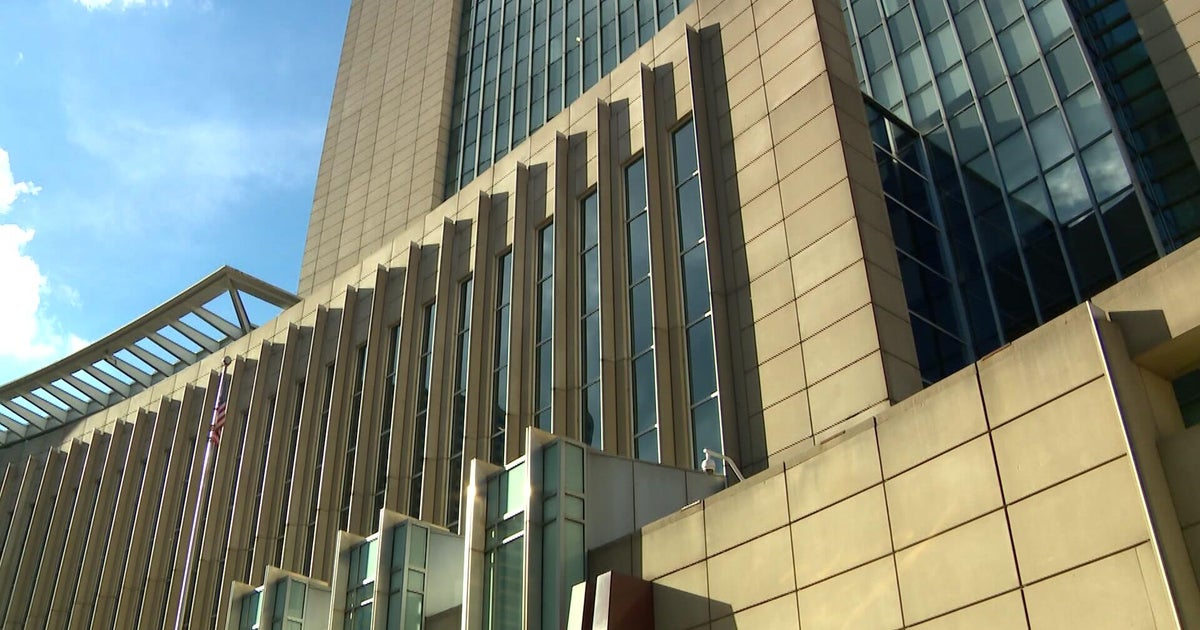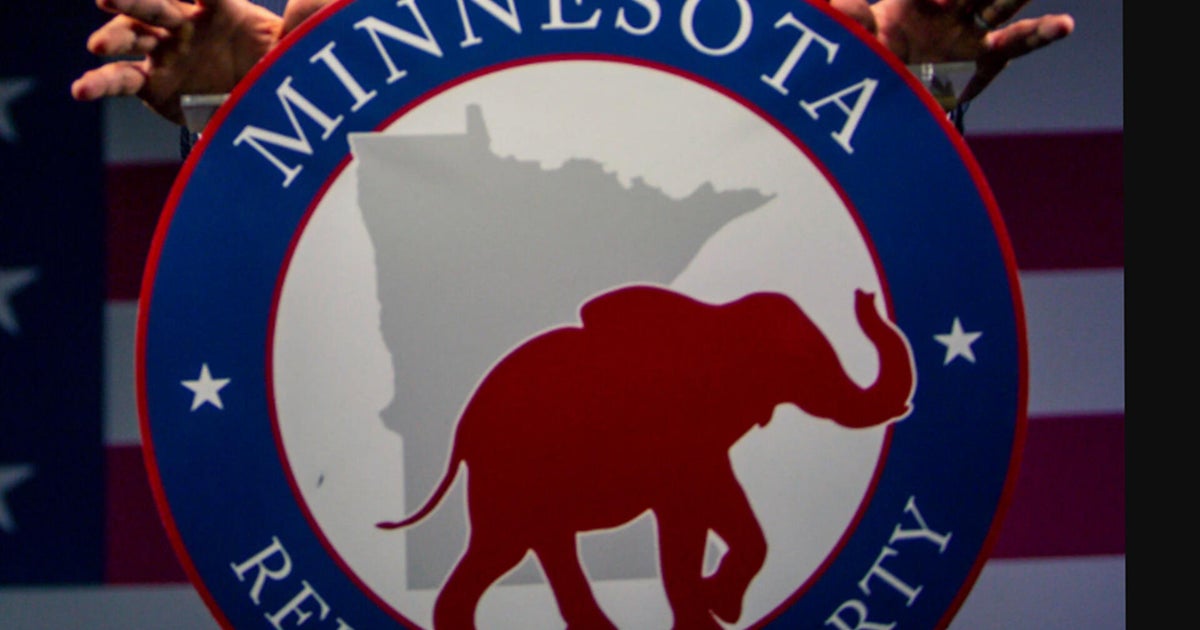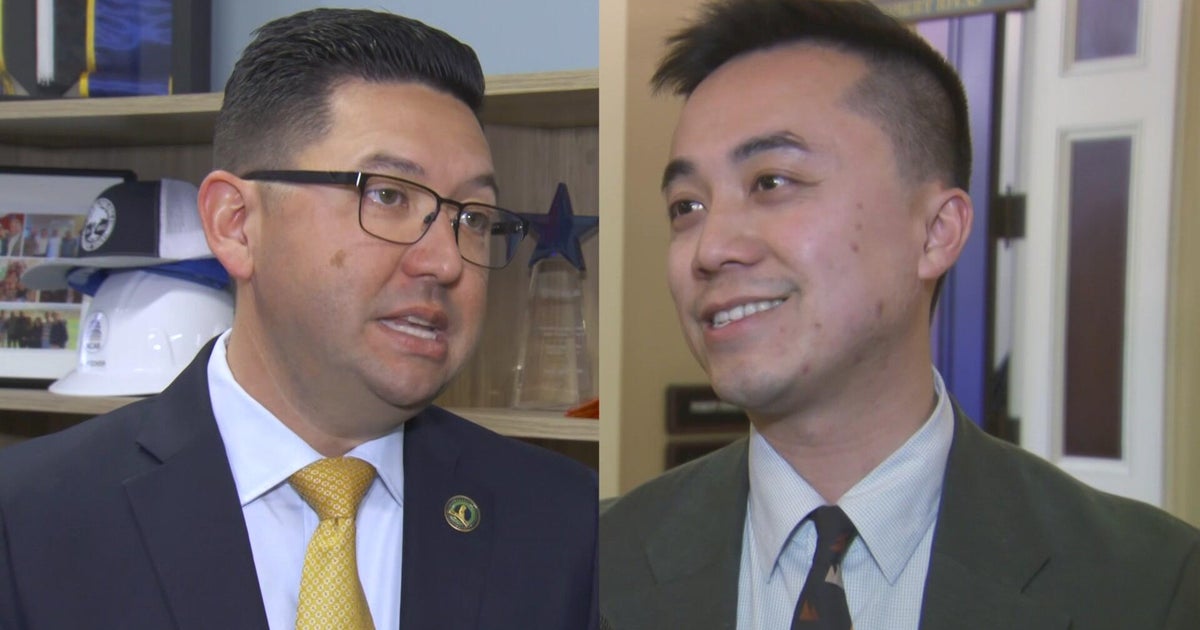CBS 2 School: Yeltsin Or Putin?
Our students recently asked what difference it makes if Rahm Emanuel wins the Chicago mayoral election in today's first round of voting or in April's second round.
We tried to answer with a rhetorical question invoking Russian politics: Does Emanuel want to be known as Yeltsin or Putin?
On the surface, the politics of Russia and Chicago would seem to have little in common beyond the importance of efficient snow removal. But the electoral system for Chicago's mayor holds the distinction as being the same type of system used to elect Russian presidents and many other international chief executives.
Voters in France and Iran also elect their presidents through this two round, non-partisan system where multiple candidates from a variety of political factions battle in the first round. Any candidate who wins a majority (50% plus 1 vote) in this first round automatically captures the executive title. But if no candidate secures an electoral majority in Round 1, the top two vote getters square off in a second round of balloting. The winner of this final match up is guaranteed a majority of the vote.
Some have suggested this type of electoral system as the best replacement for our Electoral College. Instead of indirectly electing our president through the electors of the 50 states, citizens could directly elect a Presidential winner with a majority of the voters' support. Swing states would become a forgotten buzzword as candidates courted the votes from the nation's population centers, like Chicagoland, that are so often ignored by presidential election strategists.
French presidential elections characterize how this system was intended to work, where more than a dozen presidential candidates typically enter the first round of balloting. Voter turnout averages an astounding 80% in this method as French citizens from all ideologies can clearly identify with at least one of the candidates from across the political spectrum.
Round 2 in France functions the same way James Madison depicted a large republic working when he wrote Federalist 10. The top two contenders must campaign beyond the base factions that supported them in Round 1 in order to gain the majority of support. This helps build a political culture where elections become a way to galvanize connections between otherwise diverse groups.
In reality, Chicago's mayoral elections resemble Russia and Iran much more than the ideals of France.
Since the introduction of the non-partisan election in 1999, Richard Daley dominated each of his three campaigns in this system and never experienced a second round of mayoral balloting. Similarly, Iranian presidential elections have never gone to the second round, and Russian presidential candidates have only battled onto a second round once.
1996 was the only Russian election that extended beyond the first round. A weakened Boris Yeltsin barely survived this electoral challenge from the resurgent Communist Party. In order to secure the win, Yeltsin had to rely heavily on influence and favors from the new class of oligarchs. Financial turmoil and subservience to these oligarchs ended up characterizing the last of Yeltsin's years in office.
Vladimir Putin followed these years of weakness with political muscle made possible by his electoral superiority in the first round of elections. This perception of electoral invulnerability helped Putin to quickly centralize political power and stabilize Russia's economic chaos. Even out of the presidential office, Putin's political influence runs deep today.
In the politics of perception, Rahm Emanuel knows that winning a plurality of today's votes without securing the outright majority will be perceived of as weakness. And when the image of electoral dominance can lead to the reality of political strength, Emanuel surely wants to be remembered as winning first round elections like Putin rather than stumbling through the second round like Yeltsin.







